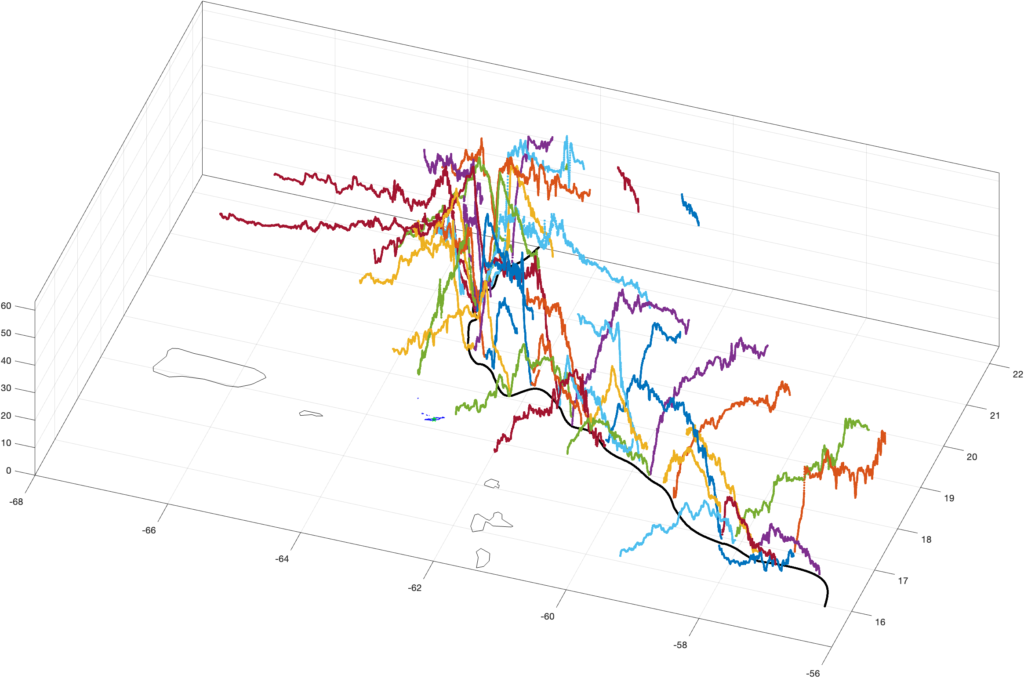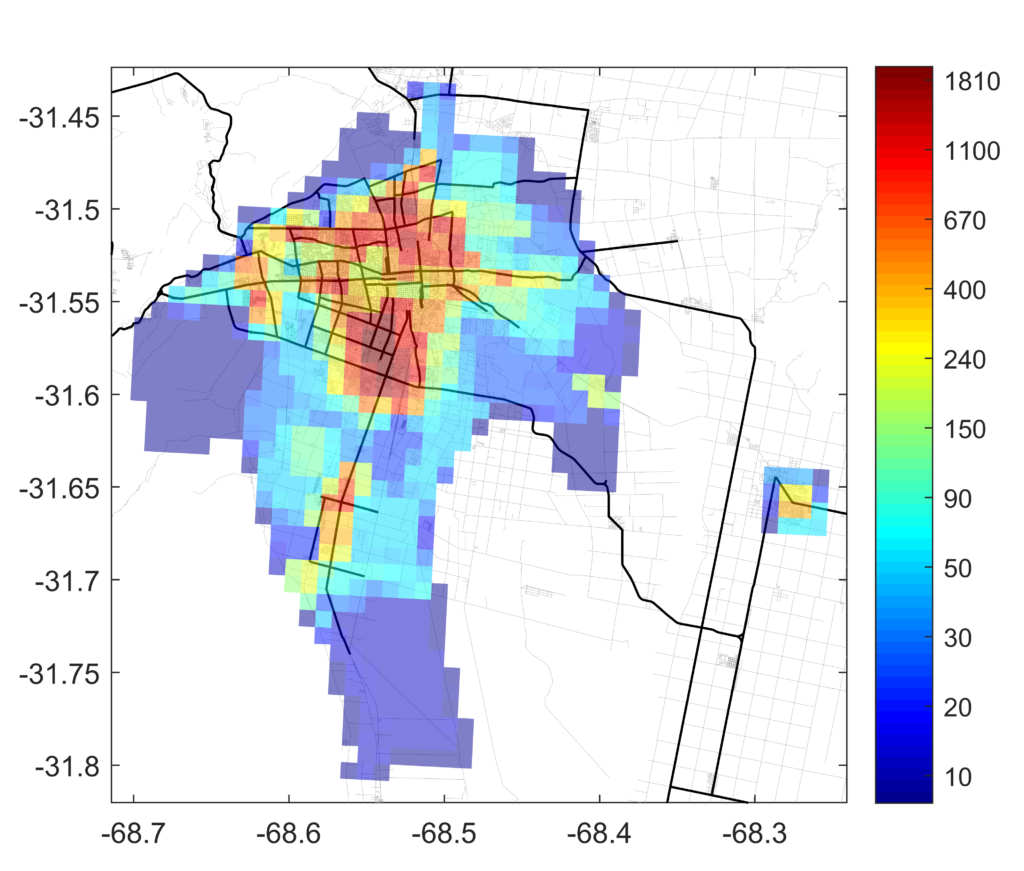Course syllabus
Interested in the Natural Disaster RISK modeling course? Here’s the summary tentative syllabus (updated annually).
- Framework
- Effects of natural disasters around the world. Importance of NDRM.
- Definitions of risk. The natural risk framework.
- Anatomy of cat models. Characterization of severe events.
- Hazards.
- Modeling hurricane hazard. Secondary hazards.
- Modeling flood hazard
- Modeling seismic Hazard: Modeling ground motion; PSHA.
- Exposure Modeling
- Modeling the infrastructure inventory. Taxonomies of building types.
- Estimation of earthquake-caused fatalities.
- Vulnerability
- Development of hurricane vulnerability functions
- Fragility functions (seismic)
- Damage functions (flood)
- Risk Metrics
- Natural Risk Metrics: stochastic catalogs, key metrics to measure natural risk.
- Risk Management Strategies
- Risk Management approaches in other contexts.
- Acceptable Risk: reduction measures, cost-effectiveness
Samples from class

Wind speed profiles at flight level from Hurricane Erika (AL071997) near Leewards and Puerto Rico. Data processed from Vigh et al. (2020): FLIGHT+ Tropical Cyclone Data Project, National Center for Atmospheric Research, Boulder, Colorado.
Study of the effects of the Pocito earthquake (6.4M) and a future earthquake (7.5M) on the building inventory of San Juan, Argentina


